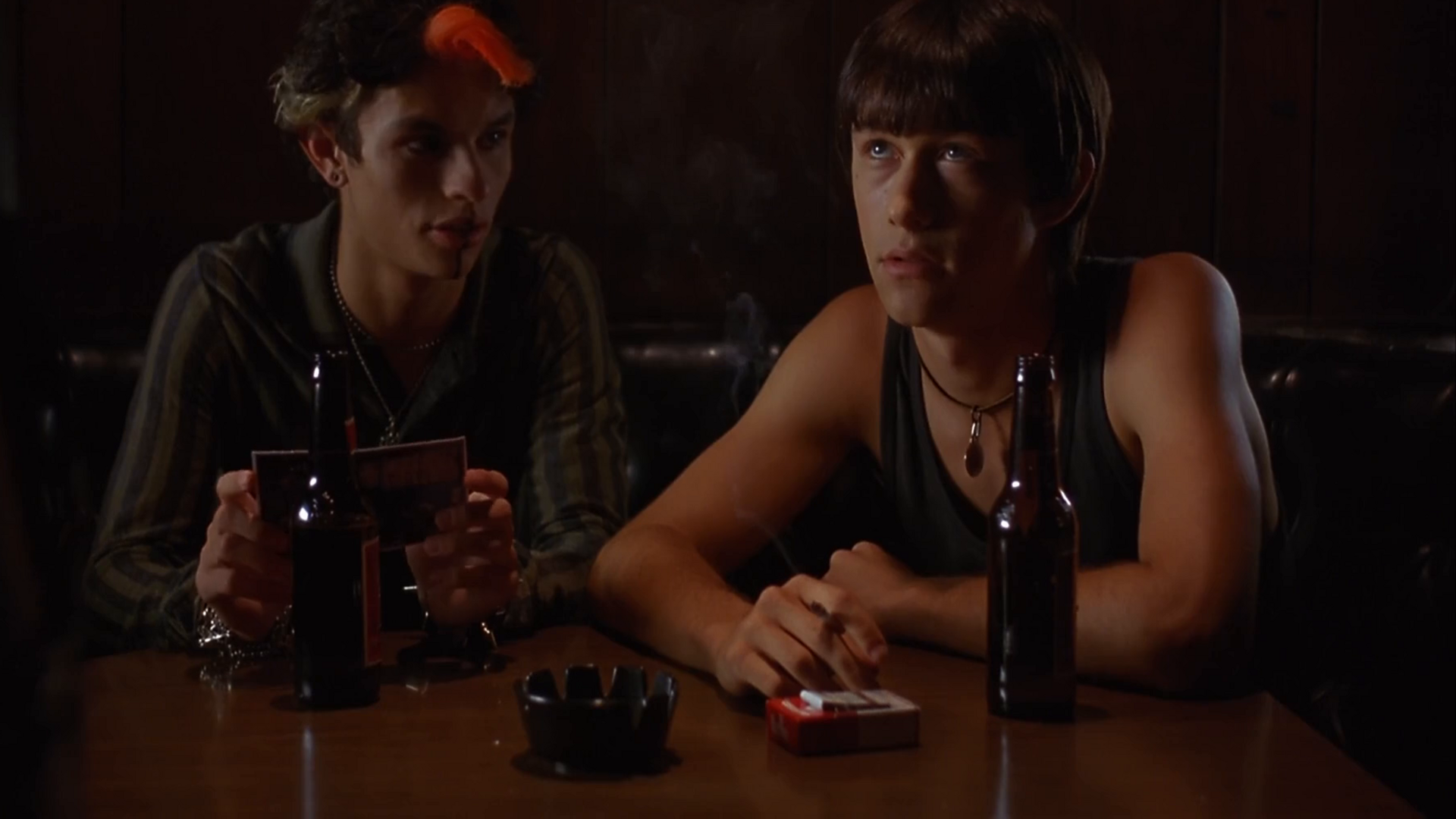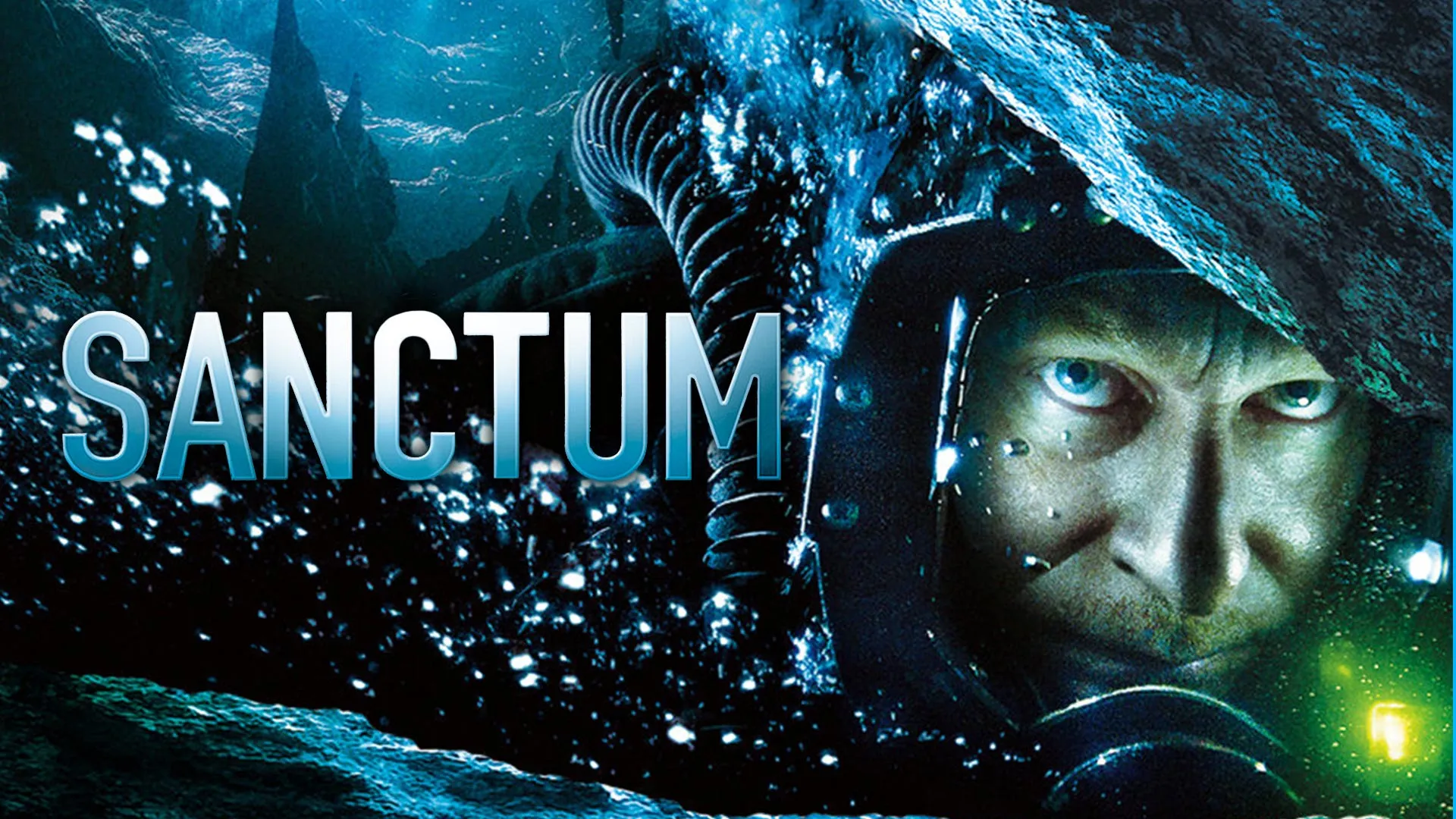Mysterious Skin (2004) is an emotionally intense and visually striking psychological drama directed by Gregg Araki. Based on Scott Heim’s 1995 novel of the same name, the film explores themes of trauma, identity, and memory through the lives of two young men who experienced the same childhood event but processed it in vastly different ways. With a haunting atmosphere and deeply personal storytelling, Mysterious Skin is widely regarded as one of Araki’s most mature and compelling works.
The film follows Neil McCormick (played by Joseph Gordon-Levitt) and Brian Lackey (played by Brady Corbet), two boys from a small Kansas town whose lives were deeply affected by a shared experience with their Little League baseball coach. Neil, charismatic and confident, grows up to become a teenage hustler, engaging in risky encounters with older men. In contrast, Brian, shy and introverted, has no memory of the events from his childhood but is haunted by blackouts and recurring nightmares.

Brian, convinced that he was abducted by aliens, becomes obsessed with uncovering the truth about his lost time. His search leads him to Neil, whom he believes holds the key to understanding what happened during their childhood. As Brian and Neil reconnect, the film gradually unveils the painful reality behind their past, revealing the devastating impact of childhood abuse and the different ways trauma manifests in their lives.
Joseph Gordon-Levitt delivers a career-defining performance as Neil, portraying him with a mix of confidence and vulnerability. His portrayal of a young man numbed by his past but still longing for connection is both heartbreaking and compelling. Brady Corbet, as Brian, captures the character’s quiet desperation and confusion, making his journey of self-discovery deeply affecting. The supporting cast, including Elisabeth Shue as Neil’s mother and Michelle Trachtenberg as his best friend, adds depth to the story.

Visually, Mysterious Skin balances dreamlike beauty with raw realism. Araki’s use of vibrant colors and surreal imagery contrasts sharply with the film’s dark themes, creating a unique and unsettling atmosphere. The cinematography, paired with an ethereal score by Harold Budd and Robin Guthrie, enhances the film’s haunting quality and emotional impact.
The film does not shy away from difficult and disturbing subject matter, but it handles these themes with sensitivity and honesty. Instead of exploiting its characters’ suffering, Mysterious Skin presents a nuanced exploration of trauma and survival. It portrays how different coping mechanisms—whether repression, self-destruction, or denial—can shape an individual’s path in life.

Upon its release, Mysterious Skin received widespread critical acclaim for its bold storytelling, powerful performances, and Araki’s sensitive direction. The film was praised for its unflinching yet compassionate portrayal of childhood trauma and its lasting effects. Although the subject matter made it a challenging watch, critics and audiences alike recognized its artistic and emotional significance.
Over the years, Mysterious Skin has gained a cult following and is often cited as one of the most poignant and thought-provoking films about trauma and identity. Its impact extends beyond cinema, sparking important conversations about abuse, resilience, and the power of confronting one’s past. With its haunting beauty and emotional depth, Mysterious Skin remains an unforgettable and deeply moving film.
-1741143235-q80.webp)



